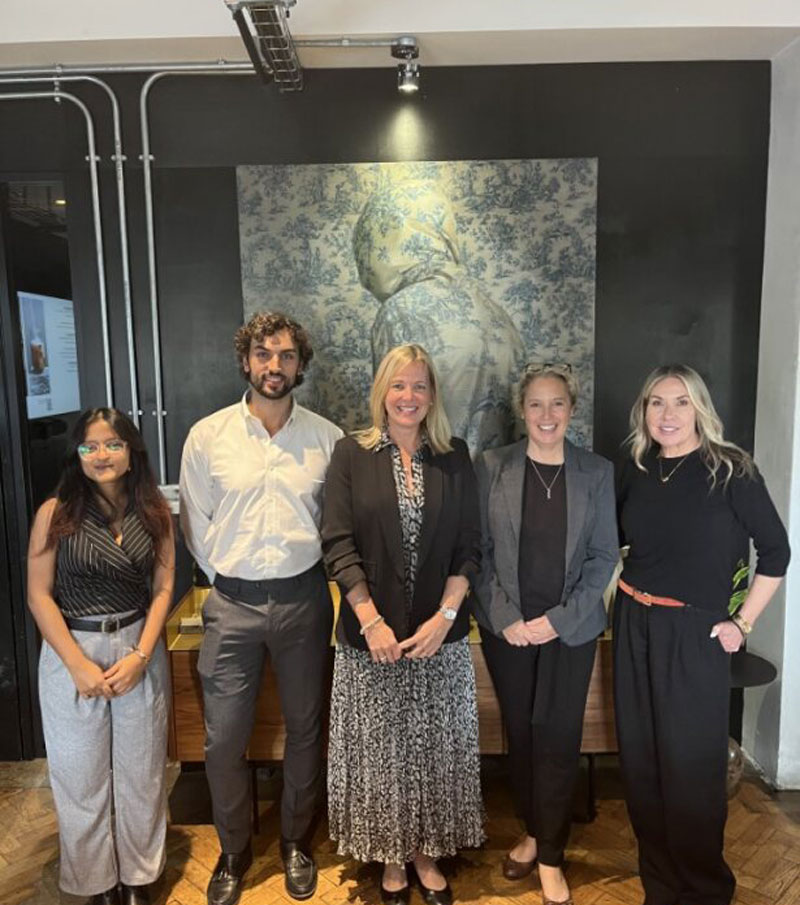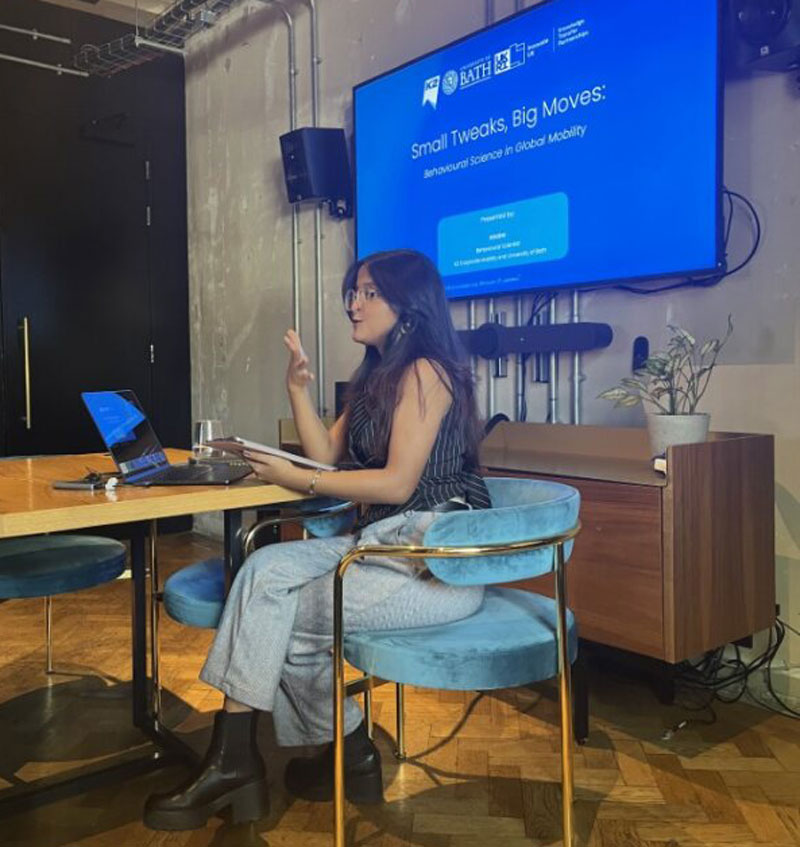On 16th September, K2 Corporate Mobility welcomed mobility and HR leaders to our London Mobility Leadership Morning, at The Ministry, Borough, for a fast‑paced programme of insight, debate and practical takeaways. The morning brought together partners and friends from across industries, including insurance, consulting and academia, to explore how mobility can drive business resilience, improve the employee experience, and accelerate progress on sustainability.

Session highlights
QBE: Mobility transformation with ESG at the core
QBE shared how they are reshaping global mobility to deliver a consistent, employee‑centred experience and stronger business outcomes. Key moves include clarifying ownership through a dedicated internal mobility function, introducing a core/flex framework for equitable benefits, simplifying processes with clearly mapped roles, and leveraging technology for end‑to‑end case management, all underpinned by compliance and risk governance.
Crucially, ESG considerations are embedded by design: partner selection emphasises shared sustainability ambition; the employee journey surfaces greener choices (e.g., home search, local transport, temporary housing) alongside wellbeing support; and a joint K2 & QBE project is mapping sustainability nudges across the assignment lifecycle. This approach aligns well with QBE’s organisational purpose of “enabling a more resilient future.”
Why it matters: ESG isn’t a bolt‑on; it’s now integral to how leading organisations structure mobility, improving experience, risk control and long‑term resilience.

K2 & University of Bath: Small Tweaks, Big Moves – Behavioural science in mobility
Khushi unpacked how behavioural science can turn good intentions into measurable action across the mobility journey. Using the EAST framework (Easy, Attractive, Social, Timely) she showed how small design choices (defaults, timely prompts, social proof) can nudge sustainable decisions and reduce friction for relocating employees and partners. The work forms part of K2’s Knowledge Transfer Partnership with the University of Bath, focused on nudging sustainability in global mobility supply chains through ethical, test‑and‑learn experimentation.
Why it matters: In complex programmes, micro‑interventions, from the wording of an email to the order of options in a form, can unlock outsized improvements in uptake, experience and sustainability outcomes.

Kate Fitzpatrick shared the latest data on what’s shaping global mobility and talent management. HR leaders are prioritising upskilling, employee experience, and diversity, while also navigating challenges like skills shortages, economic volatility, and the need for digital transformation. Mobility remains crucial for filling technical and leadership roles, supporting talent development, and enabling business growth. However, many organisations still see a gap between their mobility programmes and overall talent strategy, with cost and ROI measurement as ongoing challenges. There’s also a growing focus on making mobility more flexible, inclusive, and family-friendly, with support like tax assistance, language training, and cross-cultural support for employees on the move
Why it matters:
Mobility is more important than ever for attracting, developing, and retaining talent, but it’s also getting more complex. The best results come when mobility is closely linked to business strategy, supported by technology, and designed with people at the centre.
Five takeaways for mobility leaders
- Design for people, prove with data. Put employee experience at the heart of policy and process, then instrument the journey to learn and iterate.
- Bake in ESG early. From partner selection to on‑the‑ground choices, embed sustainability and wellbeing throughout the lifecycle, not as an afterthought.
- Use core/flex to balance equity and agility. A consistent baseline plus targeted flexibility delivers both fairness and fit‑for‑purpose support.
- Nudge the journey. Small, ethical behavioural interventions (defaults, prompts, social proof) reduce friction and drive better outcomes.
- Strengthen your ecosystem. Collaboration across in‑house teams, partners and academia accelerate innovation, and resilience.
Thank you
A warm thank you to our speakers, Jules Le Pla (QBE), Khushi (K2 & University of Bath) and Kate Fitzpatrick (Mercer), and to everyone who joined us for an energising morning of learning and connection.

